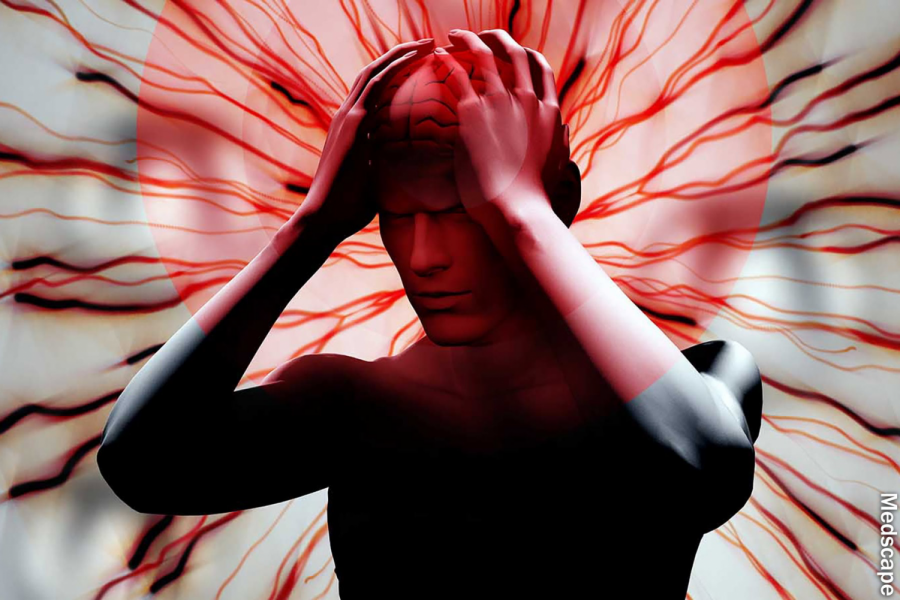Havana Syndrome Takes Hold of Winchester as Students Cope with Freshmen Opinions
Computer-generated image models a senior listening to two freshmen argue about the Biden Administration
The school has been awash with complaints this week as returning students feel the full brunt of what can only be described as freshmen-induced Havana syndrome.
One junior remarked, “It feels like everytime I come into a room and hear their stupid voices, it’s just pain. Everything that comes out of their mouths seems designed to bother normal people. I can’t take much more of this.”
The origins of Havana Syndrome, as well as the workings of the phenomenon, are shrouded in mystery. Reports of an inexplicable malady in Cuba date back to the 1960s, but its prominence in the news began in late 2016 and early 2017. Similar sensations found in Guangzhou, Washington D.C., and more recently Vienna stoke fears that the illness, whatever it may be, is spreading. Winchester students are further concerned that the ailment spread to Pittsburgh when affected Canadian diplomats came to the city for MRI scans. Proponents of this theory claim that the overlap of the diplomats’ path and student activity is too much to refute, while well-meaning detractors respond that Canadians would never dare hurt them.
The symptoms of Havana Syndrome run the gamut of uncomfortable sensations, leading some doctors to observe that it was as though patients had suffered a concussion without suffering a concussion. Laymen all over the globe took time to sarcastically sit in the comment’s profound insight.
Worry among the student body has led to the formation of a “pro-health” student organization led by a council of sophomores. The group’s motto, “Ok, but we weren’t this bad” has been widely praised as an original piece of thinking which accurately summarizes the sentiments of the student body for the first time in Winchester history. Some students wonder if the entire situation is an ugly mutation of the anti-freshmen feelings which occur annually as returning students enter the final stages of mourning for the graduated class’ absence. These thoughts, however, have been widely dismissed, since the reasoning does not have a loud, unsubtle, and unstable organization to support it.
During a pro-health-sponsored town hall, one upperclassman championed by the movement proclaimed, “Every day for the past week, I’ve felt absolutely terrible: I get headaches; the light hurts my eyes; I worry if my stomach can hold down the solitary Cheerio I had for breakfast. My problems began when and only when the freshmen started to arrive.” These remarks were met with applause as students rallied behind the story to brainstorm solutions for the seemingly perplexing sickness.
While Voices staff finished submitting articles for review on Friday, the unexplainable was succinctly explained, as the aforementioned student was diagnosed with a low-grade concussion. According to sources, the pro-health advocate and a friend collided on the field while going up for a header Tuesday afternoon; the now-concussed athlete reported a ringing in his ears before returning to his feet and promptly whiffing a free kick. The student blamed the sun’s glare and the infrastructure bill for his temporary lapse in coordination as he was subbed off for a less dizzy teammate. It remains unknown what effect this development may have on the pro-health movement.
So far, only a handful of students have reported symptoms of Havana Syndrome, but many worry the illness will spread. Those self-diagnosed with the malady have advised the concerned to avoid fake friends, homework on Fridays, and any 2:10 class; they furthermore assured that excessive phone usage, inordinate stress, nor a severe lack of sleep could lead to contraction of Havana Syndrome.







